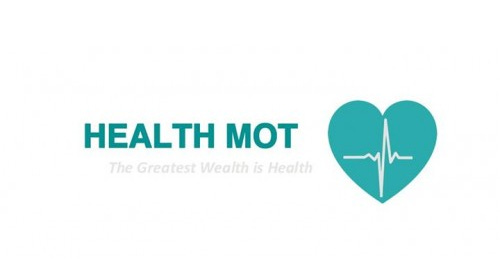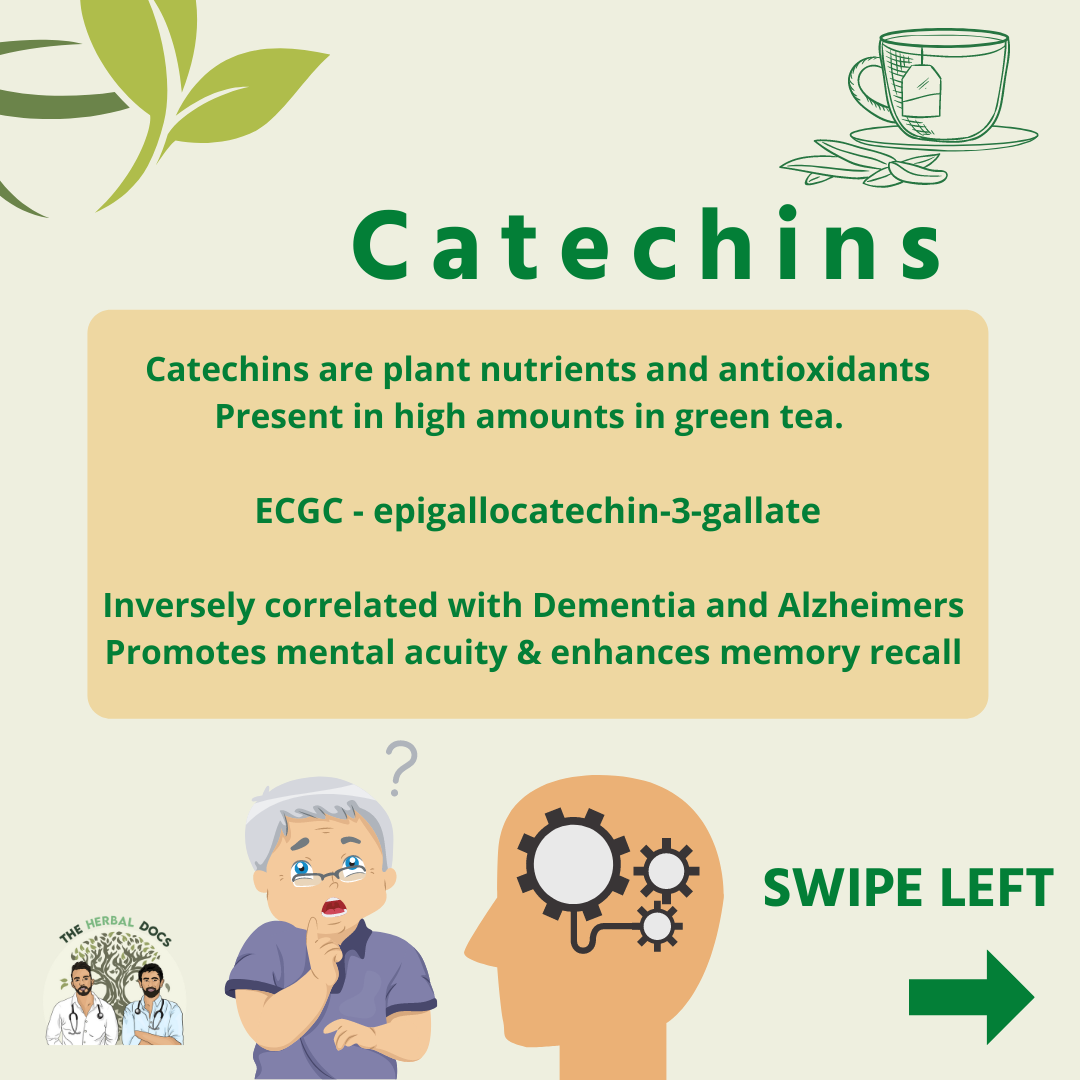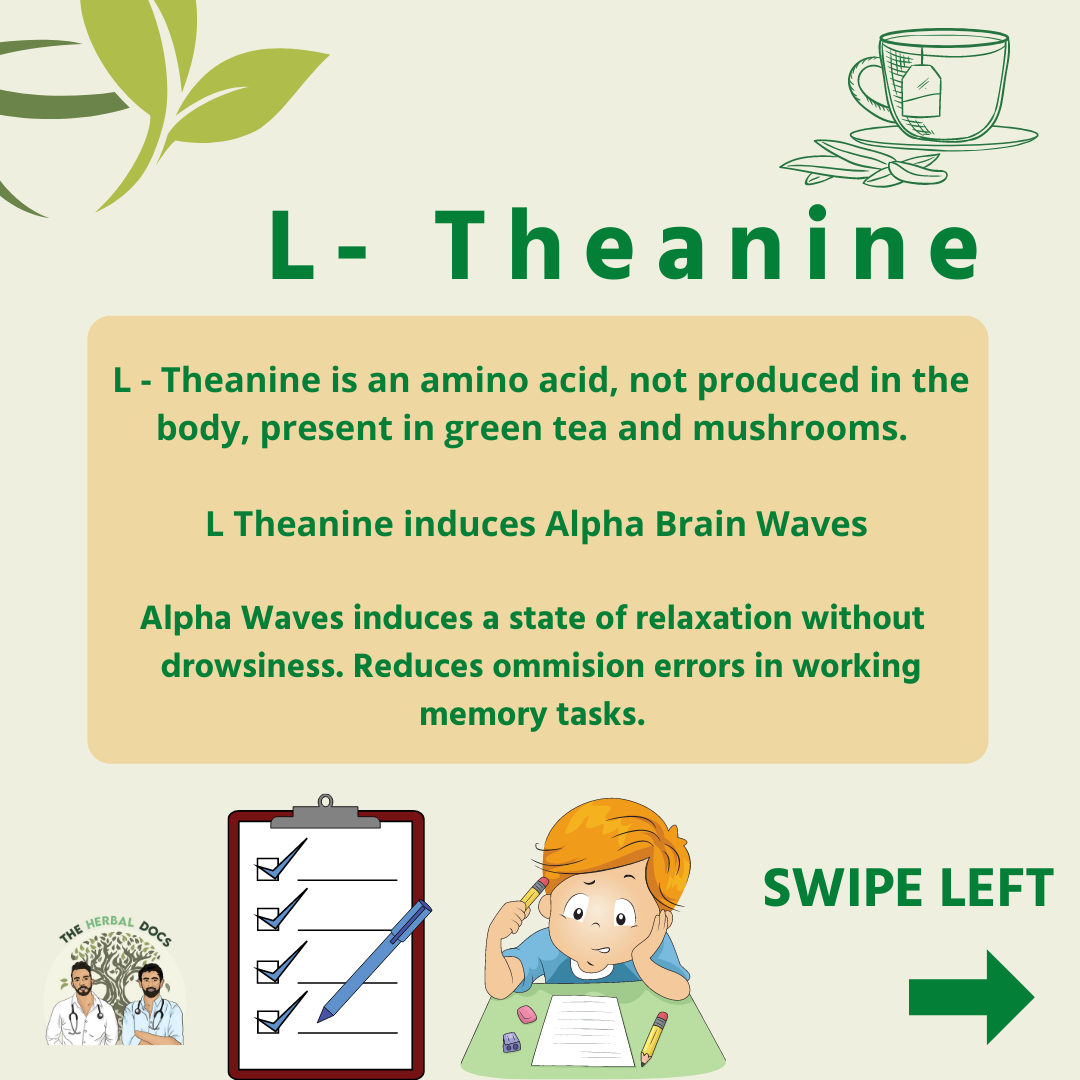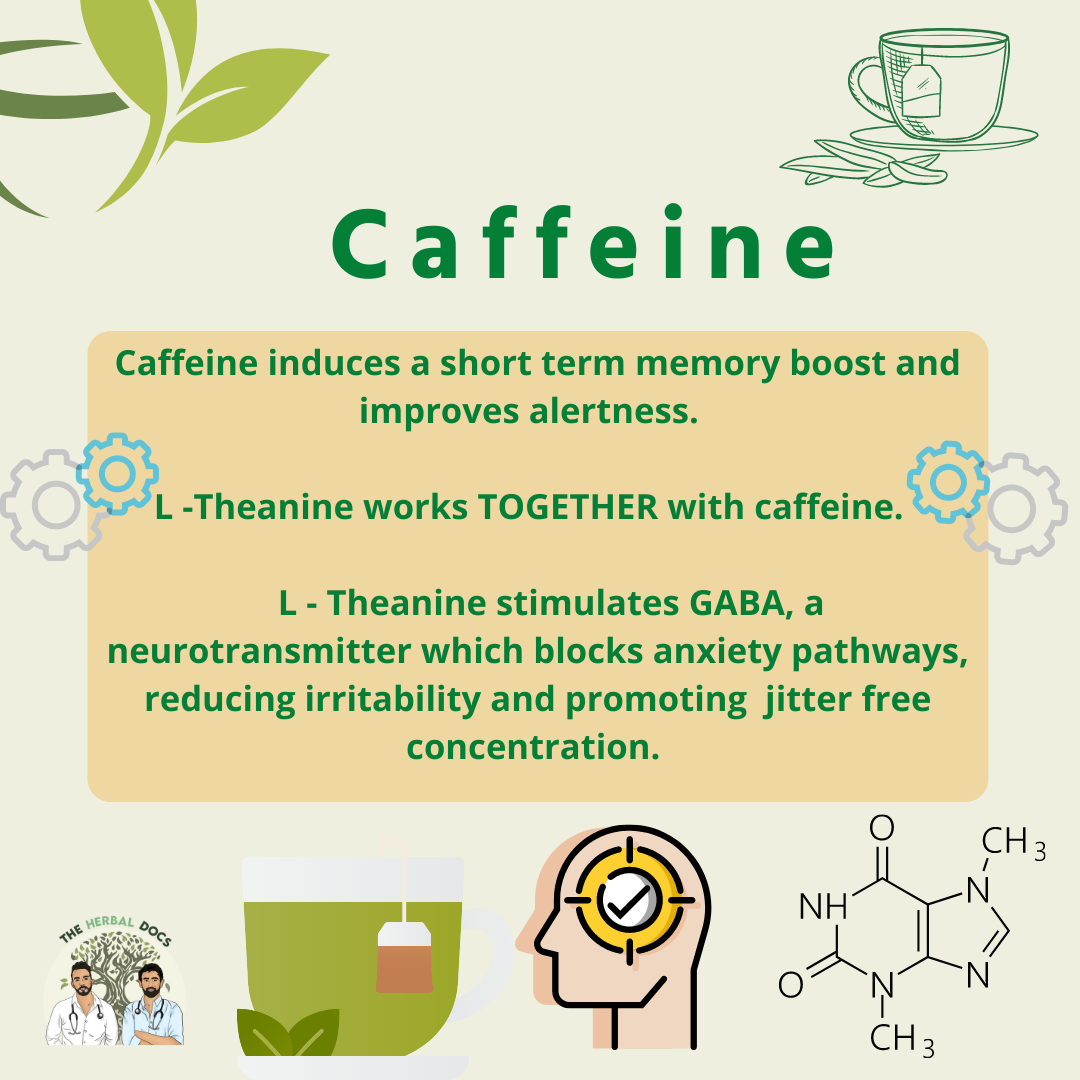Health MOT - Private Blood Testing, Green Tea and the Dietary Cholesterol Myth - January 22nd 2022 🥚🍵🅰️🅱️🅾️
Should you consider a private blood test? Does eating cholesterol really cause heart disease? Why is Green Tea a better alternative to boost focus and attention?
Good Evening Herbalites,
We have a slightly random assortment of topics to discuss in this weeks newsletter but all are intriguing topics worth considering because of their potential influence to our daily lives and our health and vitality.
Should you consider a Private Blood Test? 🅰️🅱️🅾️
We MOT our cars every year. It’s a legal requirement. But for many of us we never MOT our health (via blood testing) until years down the line, once we have already (potentially) manifested years of nutritional deficiency. Doesn't it make sense to get to grips with our health early in our lives and supplement appropriately?
Our handy video guide encompasses prices and what common tests to look for.
Green Tea Enhances Brain Function without Anxiety or Irritability
We always hear Green Tea is good for us. Why? 🍵🧠
Buddhist monks drank Matcha, a strong from of Green Tea, to aid with concentration while meditating.
Learn which compounds present in Green Tea are the major keys to jitter free focus ⤵️
For more detail on Green Tea and scientific studies, take a look at our Matcha blog on the Herbal Docs website. Click Here 👉 Matcha Green Tea
Myth #1: Eating Cholesterol Raises Cholesterol Levels in the Blood.
Most of us grew up being told that foods like red meat, eggs and bacon raise our cholesterol levels. This idea is so deeply ingrained in our cultural psyche that few people even question it. But is it really true?
The diet-heart hypothesis—which holds that eating cholesterol raises cholesterol levels in our blood—originated more then 50 years ago. However, more recent, higher quality evidence doesn’t support it…
Our body tightly regulates the amount of cholesterol in the blood by controlling internal production; when cholesterol intake in the diet goes down, the body makes more. When cholesterol intake in the diet goes up, the body makes less.
Well-designed cholesterol feeding studies (where they feed volunteers 2-4 eggs a day and measure their cholesterol) show that dietary cholesterol has very little impact on blood cholesterol levels in about 75% of the population. The remaining 25% of the population are referred to as “hyper-responders”. In this group, dietary cholesterol does modestly increase both LDL (“bad cholesterol” and HDL (“good cholesterol”), but it does not affect the ratio of LDL to HDL or increase the risk of heart disease (1).
Takeaways Points:
Eggs are a good source of protein, B vitamins and choline and do not need to be limited.
Instead reduce amounts of ultra processed foods which are linked with increased risk of heart diseases, even in otherwise healthy diets. These include: mass produced bread, ready meals, breakfast cereals, reconstituted meat, instant noodles, sugar-coated dried fruit and fizzy drinks (2).
Instead eliminate trans fats. Listed on food labels as "partially hydrogenated vegetable oil," are often used in deep fat frying, store-bought cookies and cakes.
As always,
Small Changes, Healthy Habits, Happy Lives.
Dr Adam Sayedi
References:
https://pubmed.ncbi.nlm.nih.gov/19852882/
https://www.bhf.org.uk/what-we-do/news-from-the-bhf/news-archive/2021/august/ultra-processed-food-is-associated-with-cardiovascular-disease






